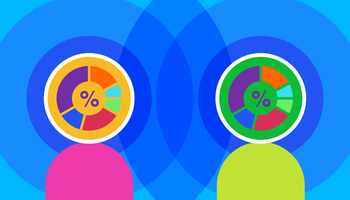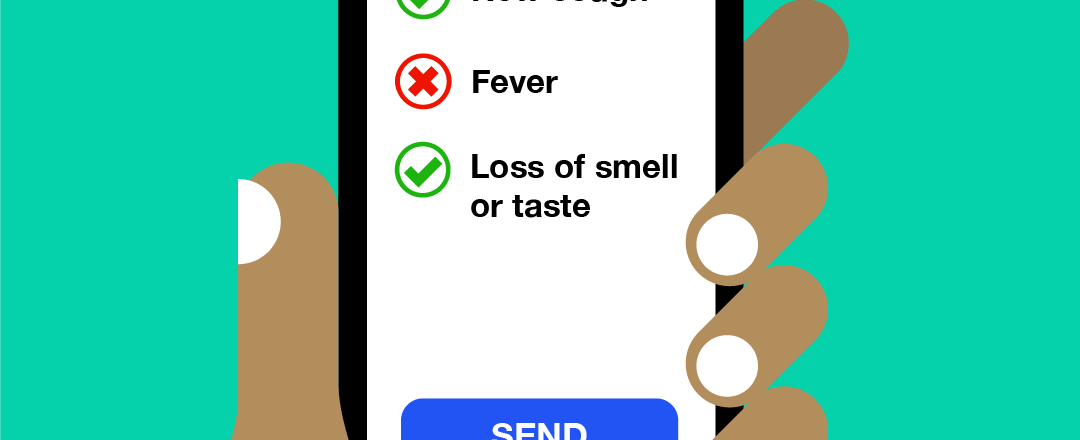
You may have recently read about governments asking people to install apps to help with the response to Covid-19, or perhaps your workplace has asked you to install one. You might be wondering what they’re for, why the government or your employer is so keen on you using them, and whether you should go along with those requests. This explainer is here to help.We are in the grip of a global health pandemic. Covid-19 is having a huge impact on all our lives. Governments and companies around the world are considering technology such as phone apps for three reasons:
- Symptom tracking: to understand how many people have symptoms of Covid-19 and how the virus appears to be spreading
- Contact tracing: to automatically contact people who may have been in close proximity with those who get coronavirus/have symptoms to, including people they don’t know or don't have contact details for
- Immunity passports: if it can be determined that someone is immune such as through antibody testing, whether a technology ‘passport’ could help people demonstrate that.
But what are they? What do they do? Do they even exist?
What is a symptom-tracking app?
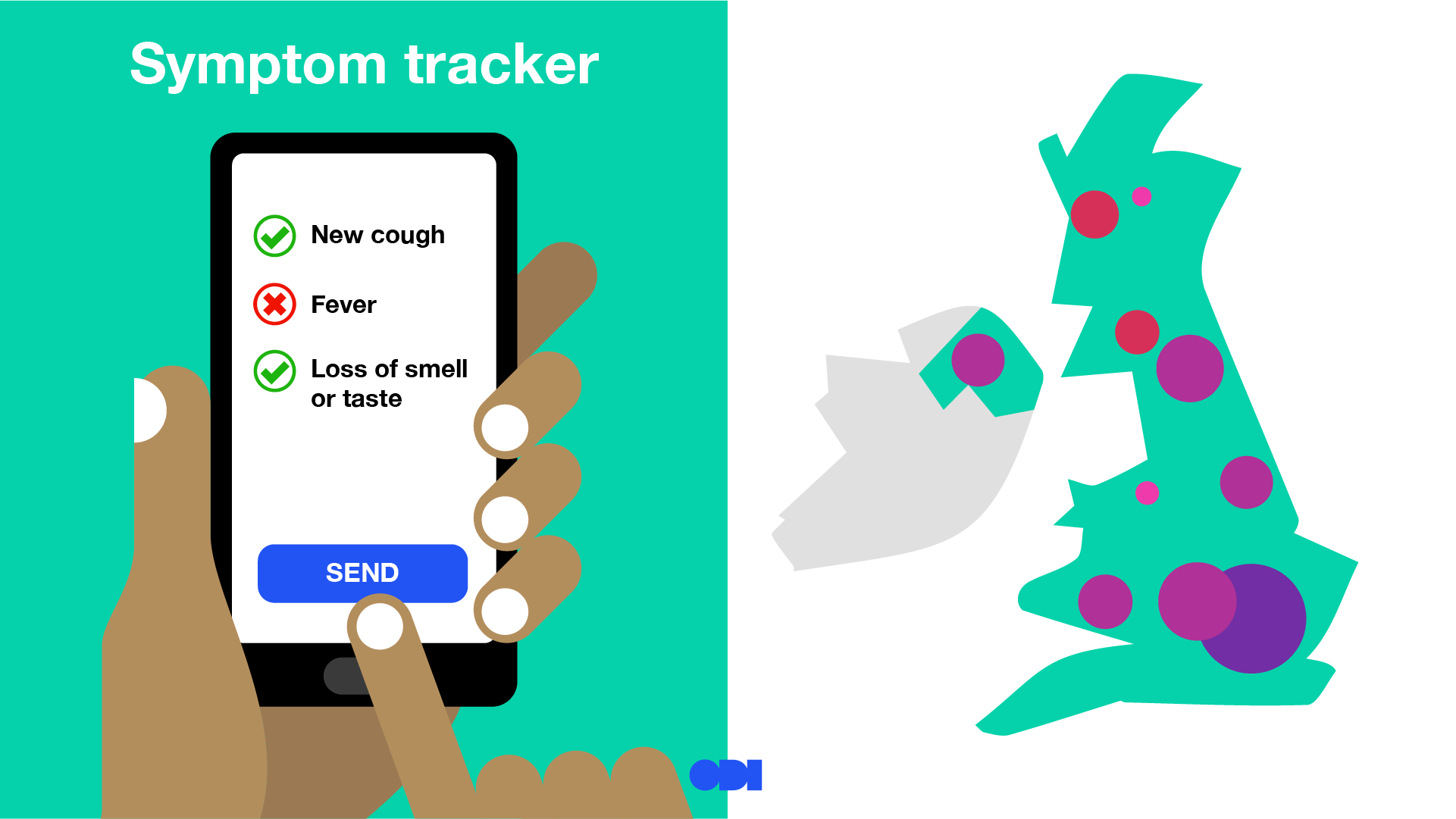
A symptom-tracking app helps you monitor and track the symptoms of Covid-19. You benefit yourself, for example it helps you work out if you have Covid-19, but if enough people use the apps, it can help researchers to identify where new outbreaks are and prepare local health services for a possible influx of new patients.
How do I use a symptom tracker?
You can download a symptom-tracking app for your smartphone and report your symptoms as often as you want. There are many apps to choose from, including Agitate Ink C-19, Connected Cognition, Corona-Help.UK, Evergreen Life, Let’s Beat COVID-19, TrackTogether, and Your.MD.
What happens with the data from a symptom tracker?
Symptom trackers collect data to inform medical research and the public health response. So any data you enter – which might include personal details such as your postcode, your age, gender and maybe your race as well as your symptoms – will be shared with those people. You need to look at the documentation available about a given symptom tracker to work out exactly how it will be used, by whom, and for how long it will be kept. But in most cases the developers of symptom-tracking apps aren’t interested in identifying you or using the data you provide to target you: they use the data to find patterns and trends.
What is a contact-tracing app?
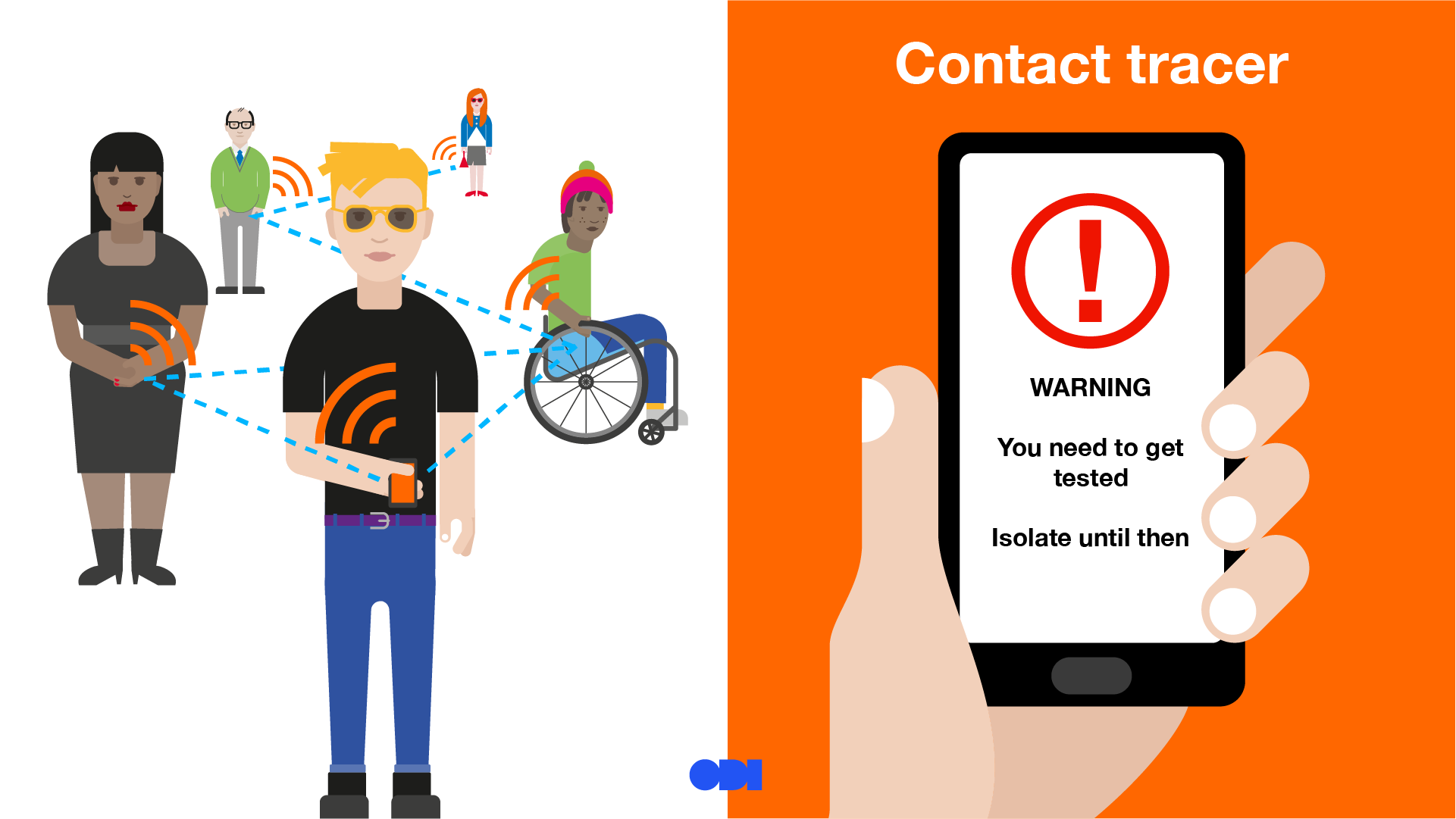
Contact-tracing apps allow alerts to be automatically sent to people if they have been in contact with someone who has self reported or tested positive for Covid-19. The alert will encourage those contacts to self isolate and/or get a test, and reduce onward transmission of the virus. In some countries, apps are part of a larger test-and-trace approach being taken.
How would I use a contact tracer?
A contract tracer app is downloaded onto your personal mobile phone. Many countries are using apps based on Bluetooth signals between people’s phones. Some use GPS location data to work out when people may have been close to each other. Some countries require people to download a contact-tracing app, while other countries recommend it.
What happens to the data from a contact tracer?
Each country is taking its own approach to how data is collected and used. This is still work in progress, but many countries are adopting a decentralised approach developed by Google and Apple, which means data about contacts will be held on the mobile device and doesn't get uploaded to a central server.
What is an immunity passport?
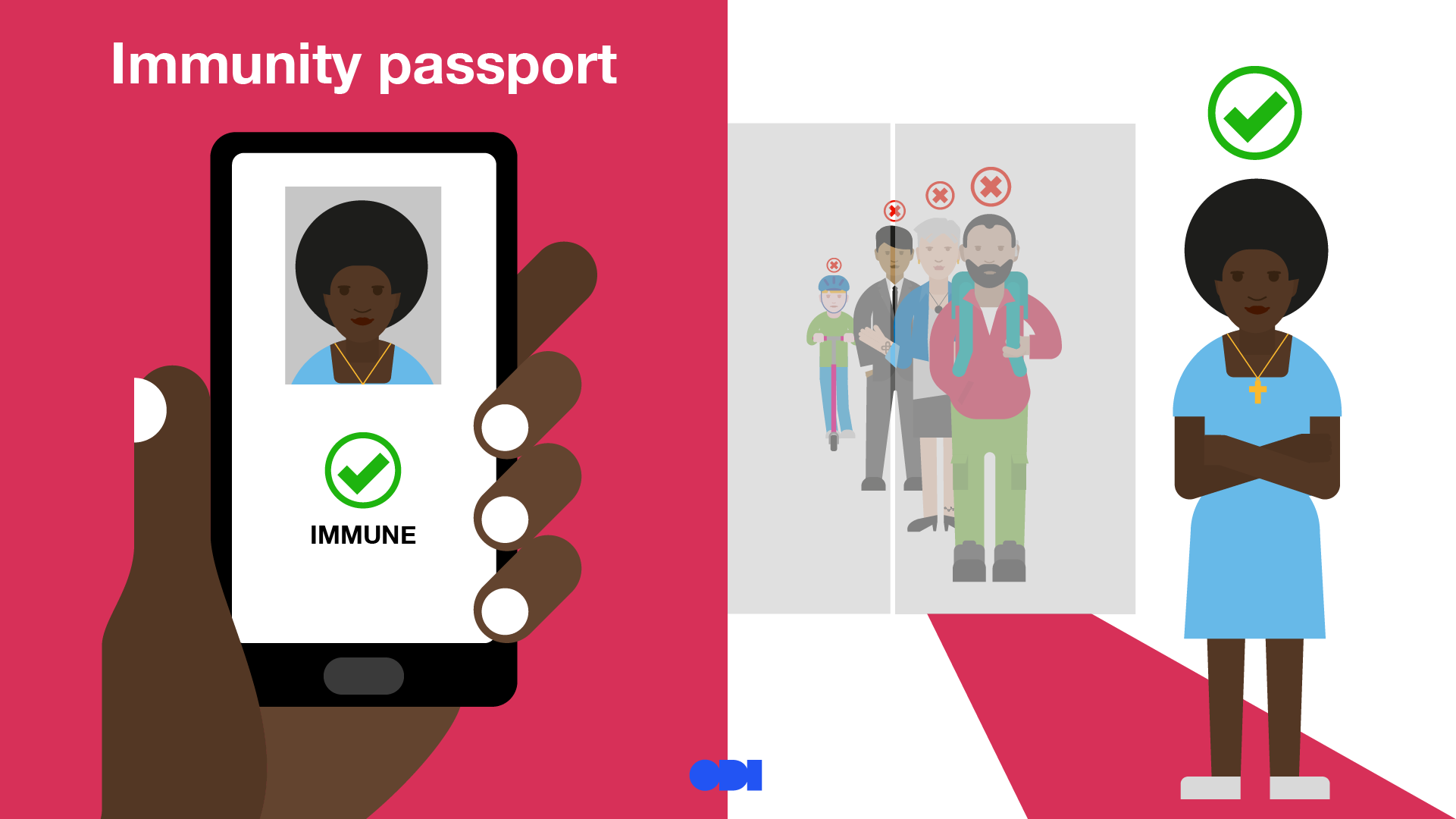
An immunity passport is an idea for an app that could allow you to demonstrate to others that you are immune to Covid-19. This might be useful, for example, to show that you are not at risk when travelling on public transport or entering a building; and to show that you cannot be infectious and are therefore a low risk to others.
Immunity passports do not yet exist. They are an idea that some people are discussing as a way of enabling people who have had Covid-19 to get back to work.
At the time of writing this explainer (May 2020), no-one knows whether people become immune to Covid-19 once they have it, or if they do have immunity how long that immunity lasts for. We think there are many risks in introducing an immunity passport based on having had Covid-19, such as it might encourage people to catch the disease, and fall sick, with consequences on both their own health and the ability of our health service to cope.
What people do and don’t know about Covid-19 apps
Right now governments are looking for solutions to ease us out of lockdown and to help people stay safe.
There is a lot we don't know about the virus. Collecting, using and sharing data will help us all learn and tackle this complex and changing situation.
The data that can be collected from a symptom tracking app can help the research community understand Covid-19 and make better decisions about how to tackle this unique challenge. Using data about who someone who gets Covid-19 has been in contact with can help make sure those people don’t go on to infect others. Data about immunity could help us carefully navigate the transition to a post-Covid-19 future.
Technology can be helpful, but it is important that technology is effective, well built and proportionate. We all need to feel safe using apps that ask for personal data. They need to be clear and transparent on why, how, what and for how long they collect, use and share data. Data is also only part of a much bigger picture and set of interventions. Any innovation should be done in the open, so issues are raised and addressed early and to build trust in the apps we’re being asked to install.
--- This article was updated on 24 June 2020
